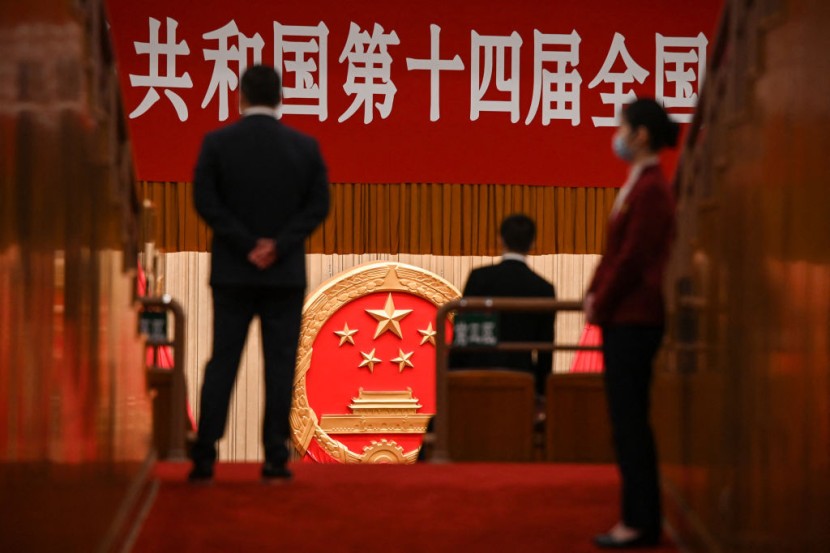China has approved an updated counterespionage law that expands what is viewed as spying. This could affect foreigners that are doing business in the country as they will be put under a greater risk of scrutiny by authorities.
The law was enacted in 2014, but the revisions were passed by the Standing Committee of the National People's Congress, which will take effect on July 1st, as reported by Nikkei Asia.
What It Means
The draft of the revised legislation that was released in 2022 expands the original text of the law to include buying or illegally providing documents, data, materials, or items related to national security, along with illegally providing state secrets.
The draft also aims at cyberattacks against state bodies or important infrastructure by espionage organizations and their agents. Additionally, it aims to crack down on leaking information on vulnerabilities in these systems.
With this, the powers of state security forces will be expanded, which will allow them to forcibly search the belongings and electronic devices of individuals suspected of involvement in spying. The authorities can ban citizens who may endanger national security from leaving the country or foreign nationals from entering.
It also states that Chinese citizens should report any acts of espionage to authorities. Those who make outstanding contributions to counterespionage activities will be given commendations. In addition to this, transportation and telecommunications companies will be required to provide technical support for anti-spying efforts.
However, there is no clear definition in the draft of what constitutes China's national security or interests, and foreign individuals and businesses in the country are worried that the law will affect them significantly.
Read also: China Sends Serious Warning to US Over Russia-Related Sanctions
How will this affect foreign businesses?
Foreign businesses operating in China may face increased scrutiny and potential restrictions under the new anti-spying law. The expanded powers of state security forces may lead to increased inspections and seizures of electronic devices, which could potentially compromise confidential business information.
The lack of a clear definition of what constitutes China's national security or interests may also leave foreign businesses vulnerable to accusations of espionage or other activities deemed harmful to national security. The law may create a more challenging business environment for foreign companies in China.
The requirement for transportation and telecommunications companies to provide technical support for anti-spying efforts could place an additional burden on foreign firms that already face challenges navigating China's regulatory environment. This provision may require them to share proprietary information or implement costly measures that could negatively impact their bottom line.

The increased focus on counterespionage activities under this new law is part of a broader trend towards greater state control over business operations in China. Foreign firms have faced increasing pressure from Chinese regulators regarding data privacy concerns, intellectual property rights violations, and compliance with local laws.
Overall, while the intention behind this anti-spying law is understandable, given growing global concerns around cybersecurity threats, it remains unclear how these regulations will be enforced against foreign entities operating within China's borders.
As such, it represents yet another challenge facing businesses seeking opportunities within one of Asia's largest markets - posing potentially significant risks both operationally and also reputationally should they fall foul at any point along its lengthy supply chain network.
Related article: Beijing Bolsters Chinese Military Build-up in South China Sea; Images Reveals Western Alliance Severely Outmatched
© 2026 HNGN, All rights reserved. Do not reproduce without permission.








